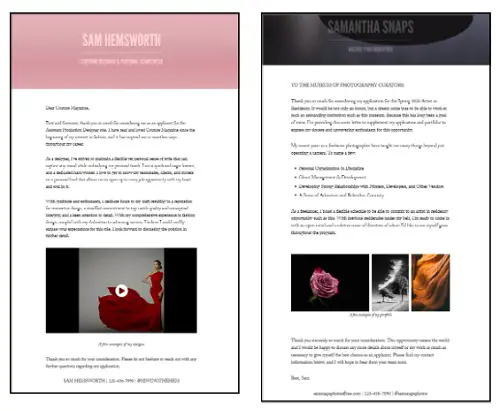
Should I disclose my disabilities when applying for jobs online?
If you have a disability, applying for jobs online can leave you wondering when the right time to disclose this information is. Unfortunately, disability discrimination is something disabled people still face. But there are laws in place to help. Here, Adobe, which offers free cover letters when applying for a job, talks you through when and how to declare a disability.
In the UK, it is believed that the employment rate for disabled people is 28.6 percentage points lower than that of people without disabilities. In 2018, just over 19% of people in the US with a disability were employed. This compared to almost 66% of people without a disability.
Laws are in place to ensure that people with disabilities aren’t discriminated against when applying for jobs, but it’s hard to know how effective they really are. It may mean you are reluctant to disclose your disability when applying for jobs online.
We take a look at whether you need to disclose and how to do it at the right time.
What does the law say about disability discrimination?
Let’s take a look at the legal position first.
Both the Disability Discrimination Act in the UK (DDA) and Americans with Disabilities Act (ADA) mean that it is illegal for an employer to discriminate against applicants with mental or physical disabilities, provided that they are qualified for the job.
It also states that employers must make “reasonable accommodations” for employees or job applicants with disabilities. In other words, an employer must provide thing, such as a wheelchair-accessible desk or screen reader, if these are necessary for you to be able to work.
There is nothing in the act that states that you must disclose a disability when applying for a job. If you don’t disclose it, however, then the employer is under no obligation to make those reasonable accommodations.
Should you disclose your disability?
Your decision as to whether or not to disclose your disability really depends on your personal circumstances.
If you are not going to be able to attend the interview without those reasonable accommodations being made, then it’s in your best interest to inform your prospective employer when you apply for the job. The same is true if the lack of accommodations would impact your ability to perform at your best in the interview.
If you won’t need any anything to attend the interview, then there’s no need for you to inform them unless you particularly feel that you want to. If you’re concerned that disclosing it may have a negative impact on your chances of getting an interview, you’re within your rights not to do so.
How should you disclose your disability?
The simplest way to do this is to include your disclosure in your cover letter.
Explain what your disability is, and why you are choosing to disclose it to it. Explain any accommodations that you may need for your interview or the job itself. If you’re concerned about them refusing to meet your needs, you can quote the relevant rules of the DDA or ADA.
If you’re struggling with your cover letter, you can find plenty of useful cover letter examples online.

Stand out from the crowd
Finally, make sure you stand out from the crowd. It’s important to remember that your disability might very well be what’s made you an employable person or right for the job you’re applying for.
So highlight your skills, whatever they are. Maybe you’re more resilient because of your disability or have experience managing people because of employing and training multiple PAs? Maybe you are incredibly organised because you have to plan every detail of your holiday or trips?
If your skills are because of or refer to your disability, that’s a great way to disclose it.
By Adobe
More on Disability Horizons…